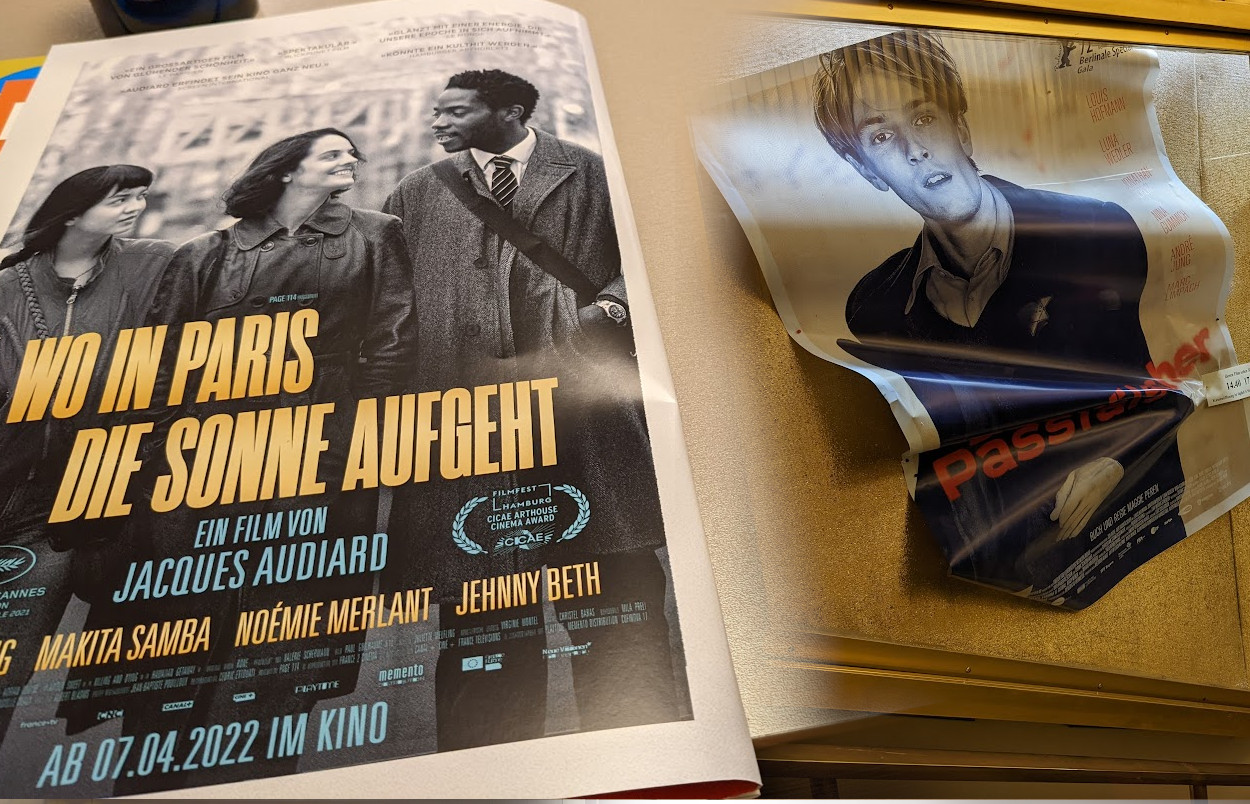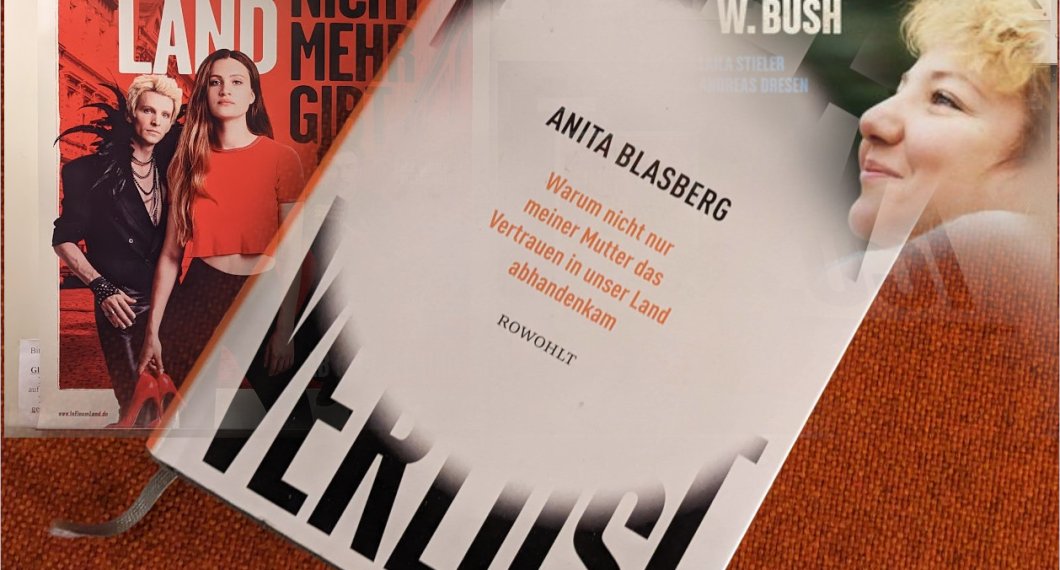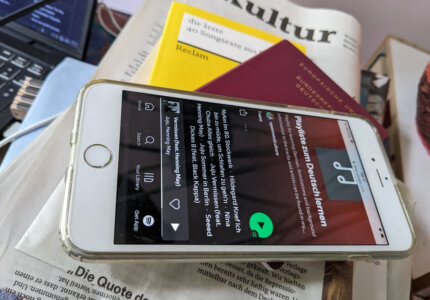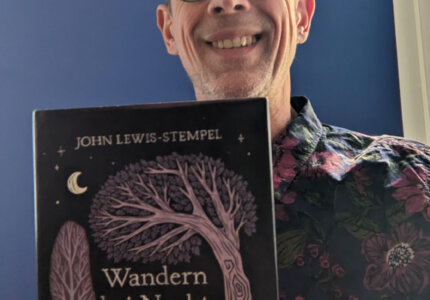Climate crisis, war, Qatar World Cup and corona: a review of 2022 gives cause for ranting (Rant), just like every year before. When did it actually start that confidence in the prosperity, security and cohesion of the first world, in which everyone is supposedly doing so well, broke down?
A World that turns People into Angry Citizens (“Wutbürger”)
Award-winning ZEIT author Anita Blasberg tries to find the roots of many of society’s problems in her new book Der Verlust (The Loss) .
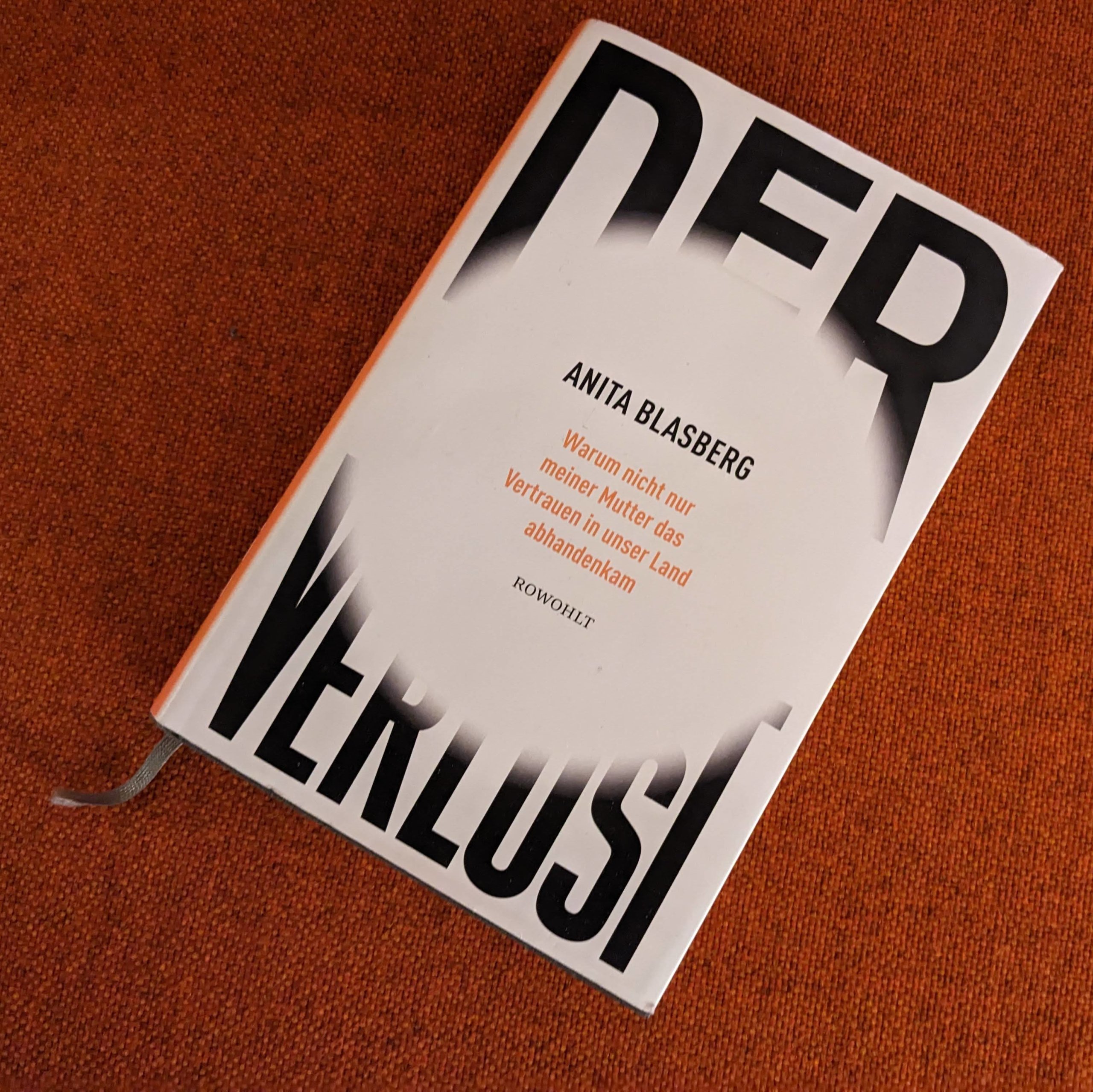
Starting with the question of why her once optimistic and cheerful mother became an angry citizen, Anita Blasberg traces German history after the end of the Cold War through personal stories, as in a historical novel that brings long-forgotten headlines to life. Educated citizen who disdained Rezo’s “desctrutive” rants, despite the factfulness but because of his millennial stlye, can read about the destruction of our society by homo oeconomicus as a book-length ZEIT report. For all those born after the Kohl era, I recommend “Loss” as the exciting history book that was still missing in the library.
The satirical talk show host Trevor Noah looks back on a completely different life and national history. In Born a Crime he talks about his childhood and youth in apartheid South Africa, religion, racism and tragicomic teenage experiences. I’m looking forward to the announced film adaptation!
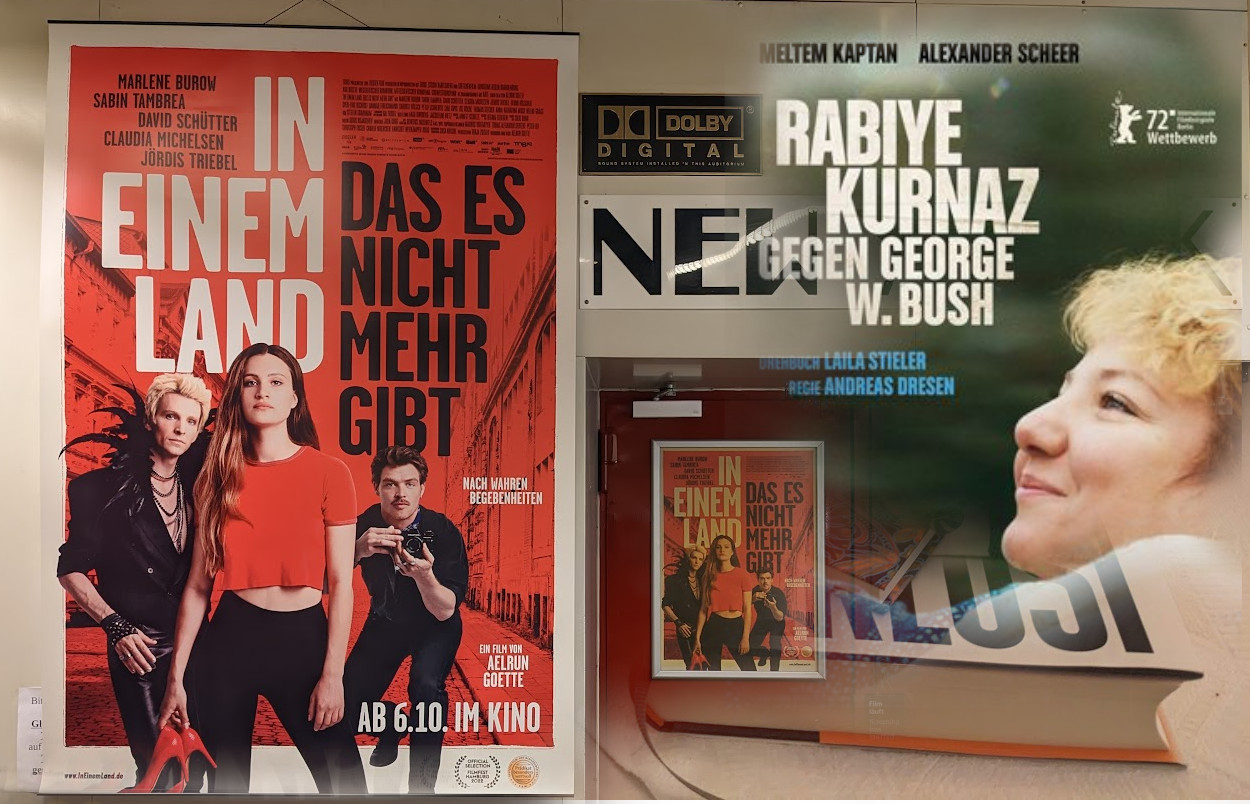
Aesthetics, social criticism and coming of age in the GDR
A look back, which I cannot judge in terms of content, as I only traveled to the GDR once before the fall of the Wall, is not only a history lesson, but also a timeless coming-of-age story and brings to life the photos of queer and critical fashion and art that have already been shown several times in exhibitions at the Berlinische Galerie and the Ostkreuz agency. In the same year that the successful, but also controversial, book and movie “Am kürzeren Ende der Sonnenallee” is released in an English translation, Aelrun Goette’s In a Land that does Not Exist Anymore (“In einem Land, das es nicht mehr gibt”) a fascinating aesthetic look back besides the usual floral wallpaper ostalgia. Main cast Marlene Burow will hopefully also perform in “Irgendwann werden wir uns alles erzählen” based on Daniela Krien’s novel, another must-read personal perspective of the lives of normal people in the socialist reality who were already offended by the system back then.
Silly, but not lacking politics: Meltem Kaplan as Rabiye Kurnaz
Also steeped in history, critical and uncomfortable, but very funny despite the first topic, “Rabiye Kurnaz vs. George W. Bush” is another movie that I personally miss in the intellectual best lists. Meltem Kaplan parodies the silly and loving accent and petty bourgeoisie of a German-Turkish woman whose son is arrested in Guantanamo as an alleged Islamist. Maybe the “depoliticizing human touch” distracts from the tragedy of world politics, but in my view there are still enough critical facts to encourage reflection and research.
Karoline Herfurth’s comedy Wunderschön also hides its social critique behind a seemingly silly cover story.
Temporality and hope in Berlin, New York and Paris
The Forger (Der Passfälscher) brings to life the true story of Cioma Schönhaus entertainingly, aesthetic and optimistic about life. Similar to Babylon Berlin and Fabian oder Der Gang vor die Hunde nostalgia, historic costumes and expressions can hardly hide the parallels between then and now. When newspaper writers tried to anticipate the “new (Roaring) Twenties”, they didn’t imagine the dark side coming back, too, and how differently different people’s individual life stories are affacted by the course of world history. Looking back on 2022 personally, I felt it was “two steps forward, one step back,” while others had lost their existence due to war, poverty or ecological destruction.
The loss of trust and security is also a disillusionment with the realization of how fragile and fleeting happiness and the whole of life can be. On the positive side, this loss teaches us to appreciate every single moment much more. Another positive aspect is the awakening that leads people to question what they are used to – or what the media and the powerful have told them – and to form their own opinions, write their own articles, create their own art, music and fashion.
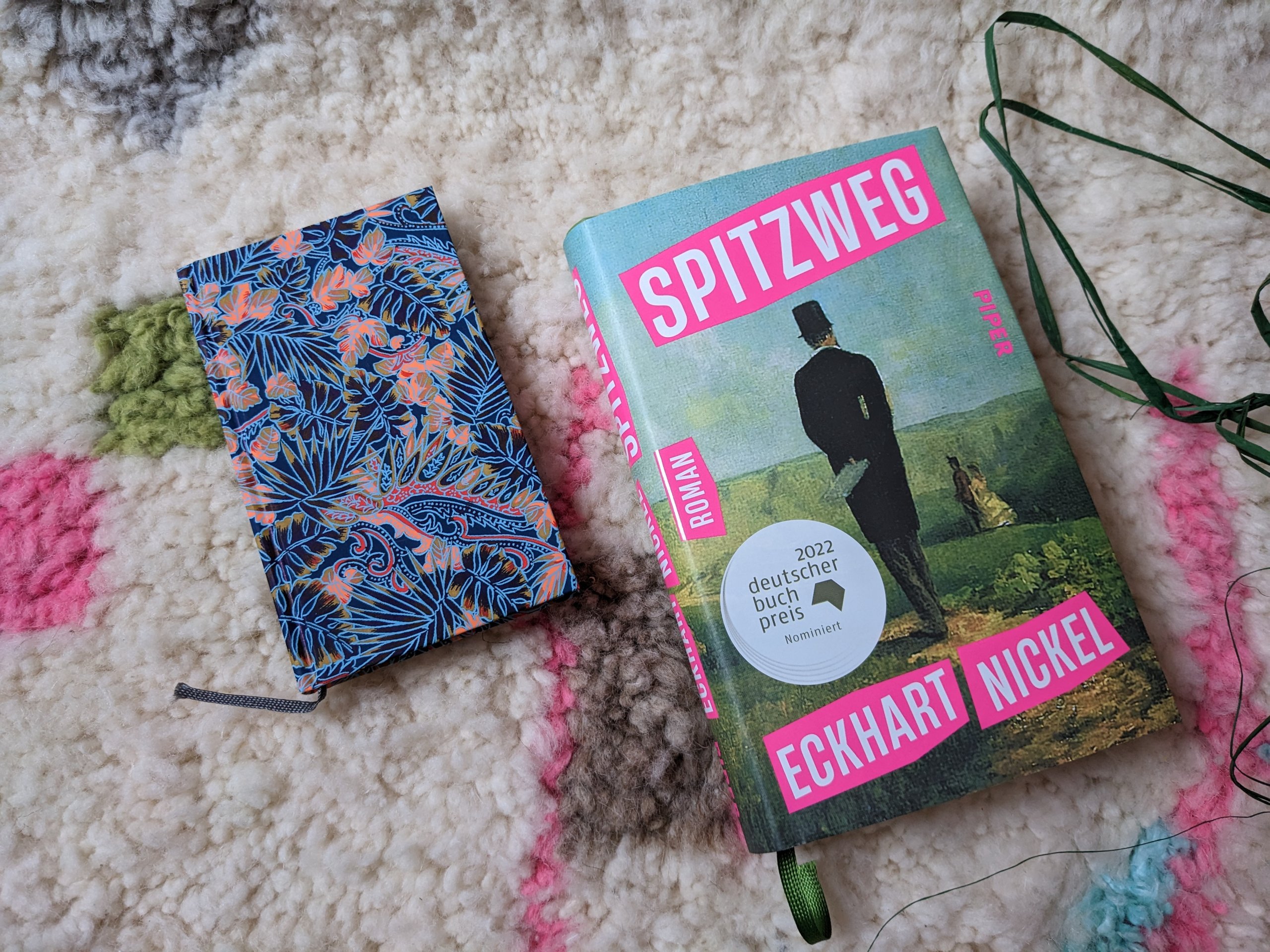
At first glance, another peculiar novel seems to have fallen out of time: Spitzweg”, mimicking Hermann Hesse’s style. What it is about Chopin and the seemingly invented band “Vampirwochenende” may seem irrelevant; nevertheless, I would like to recommend both the book and the art and music mentioned.
Finally, fictional, international and timeless in their own way are two current black and white films that show people and places in their fleeting beauty, which works best on the big screen. Unfortunately, both were only shown in arthouse cinemas for a short time. I was lucky to see Paris, 13th District (Wo in Paris die Sonne aufgeht in the small Passage Kino in Leipzig, the Forger (Der Passfälscher) at Cinéma Paris (in Berlin, not in Paris) and C’mon c’mon at Neues OFF in Berlin, watching scenes from aus Paris, Los Angeles, New York, and a mock historical Berlin that has acutally been filmed in Leipzig about loss, decay, but also about hope, love and humanness.
